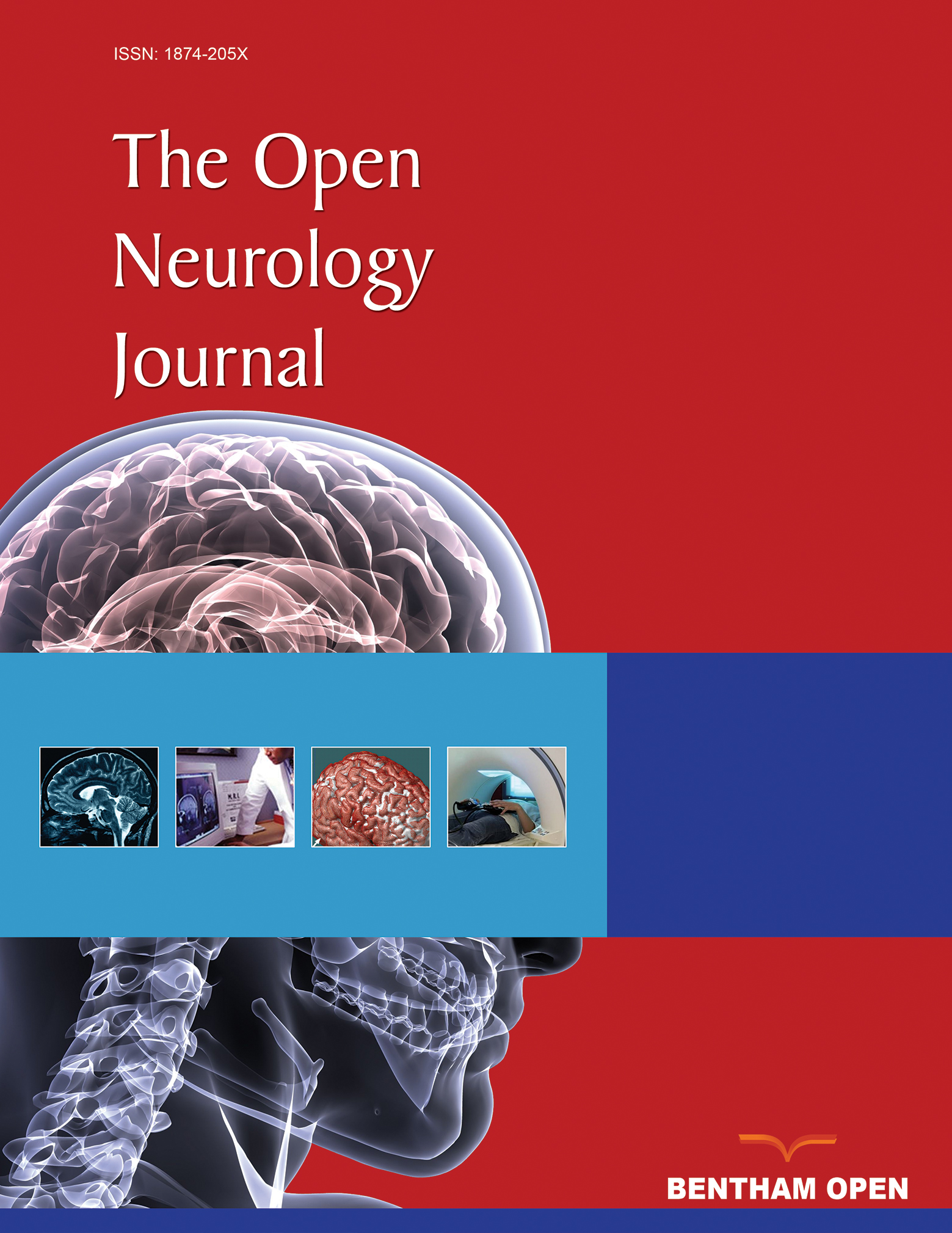Antipsychotic Drugs Opposite to Metabolic Risk: Neurotransmitters, Neurohormonal and Pharmacogenetic Mechanisms Underlying with Weight Gain and Metabolic Syndrome
Abstract
Important sources of metabolic diseases such as obesity and metabolic syndrome are significantly more prevalent in patients treated with antipsychotic drugs than the general population and they not only reduce the quality of life but also significantly reduce the life expectancy, being important risk factors for cardiovascular disease. The pathogenic mechanisms underlying these events are not entirely clear they are complex and multi-determined or not tied to a single defining event. In this review we examine the literature on the interactions of antipsychotic drugs with neurotransmitters in the brain, with pharmacogenetics hormones and peripheral mechanisms that may induce, albeit in different ways between different molecules, not only weight gain but also 'onset of major diseases such as diabetes, dyslipidemia and hypertension that are the basis of the metabolic syndrome. Today, the possible metabolic changes induced by various antipsychotic drugs and their major physical health consequences, are among the major concerns of clinicians and it is therefore necessary to monitor the main metabolic parameters to prevent or minimize any of these patients as well as the metabolism events associated with the use of antipsychotic drugs.


